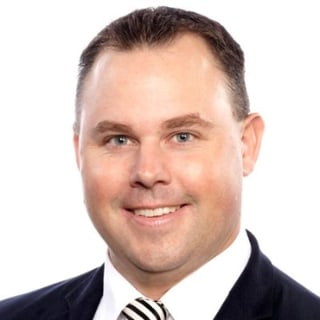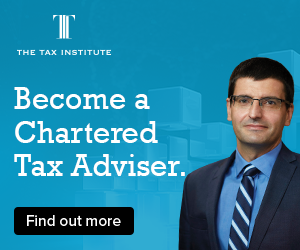 |
| Adam Woodward CTA |
It takes a special type of person, with specific skills and attributes, to thrive as a tax professional in today’s dynamic business environment. Adam Woodward is a Chartered Tax Adviser (CTA), a Partner with EY, and a lecturer in The Tax Institute’s CTA3 Advisory subject. In this piece, he talks about the challenges and opportunities a career in tax offers, and what it takes to become a leader in the profession.
The primary skills required to succeed in tax include the ability to identify pragmatic solutions to complex problems and to clearly articulate these solutions to clients.
Working in tax is a process. First, you have to understand the problem. You then research and analyse relevant tax laws. Finally, you develop and present accurate solutions. Strong technical skills and a process-driven mindset are, therefore, vital. I believe the three most valuable technical skills a professional tax adviser must have are:
- the ability to distil large quantities of information and to identify key facts
- analysis and interpretation of tax legislation
- clear writing skills.
I thoroughly enjoy teaching students at The Tax Institute and watching their knowledge base and analytical skills expand.
The Tax Institute’s teaching method is unique. It provides a challenging blend of technical skills and soft skills that prepare students for the real world. I also enjoy The Tax Institute’s learning environment, in which students can freely discuss and constructively flesh out tax issues.
You can read as much tax law as you like, but you can only truly learn when you apply the law to
real-life, practical situations and uproot the intricacies of the various tax law provisions.
As you progress in your career, you can eventually become a leader in the tax profession. Tax leaders are people who continually educate and empower their teams. They bring out the best in other people and create an environment in which team members are comfortable expressing and sharing their ideas.
* Adam Woodward is a Chartered Tax Adviser (CTA), a Partner with EY, and a lecturer in The Tax Institute’s CTA3 Advisory subject.
Thinking about your or your team's tax study needs? Study period 2 is now open. Find out more about what's on offer on our website. If you'd like to know more, contact our education advice team on 1300 829 338.









